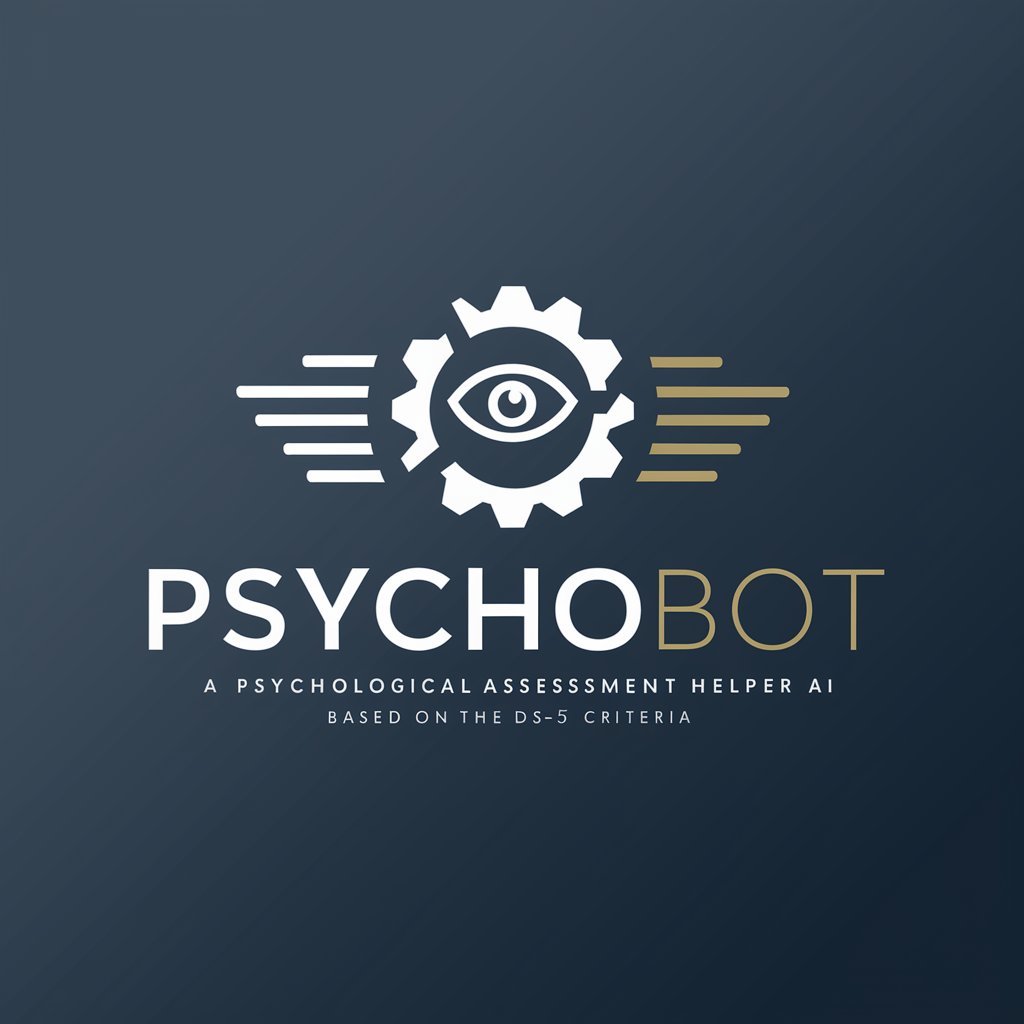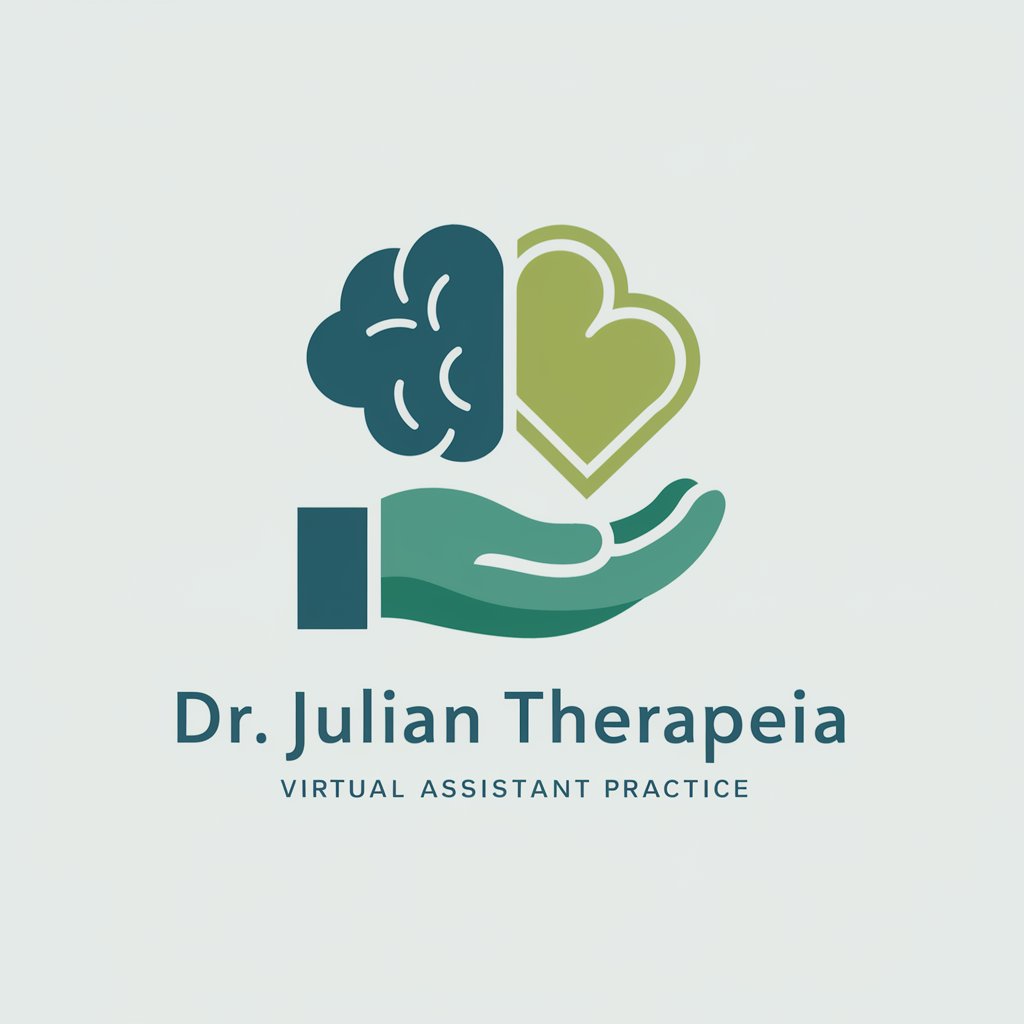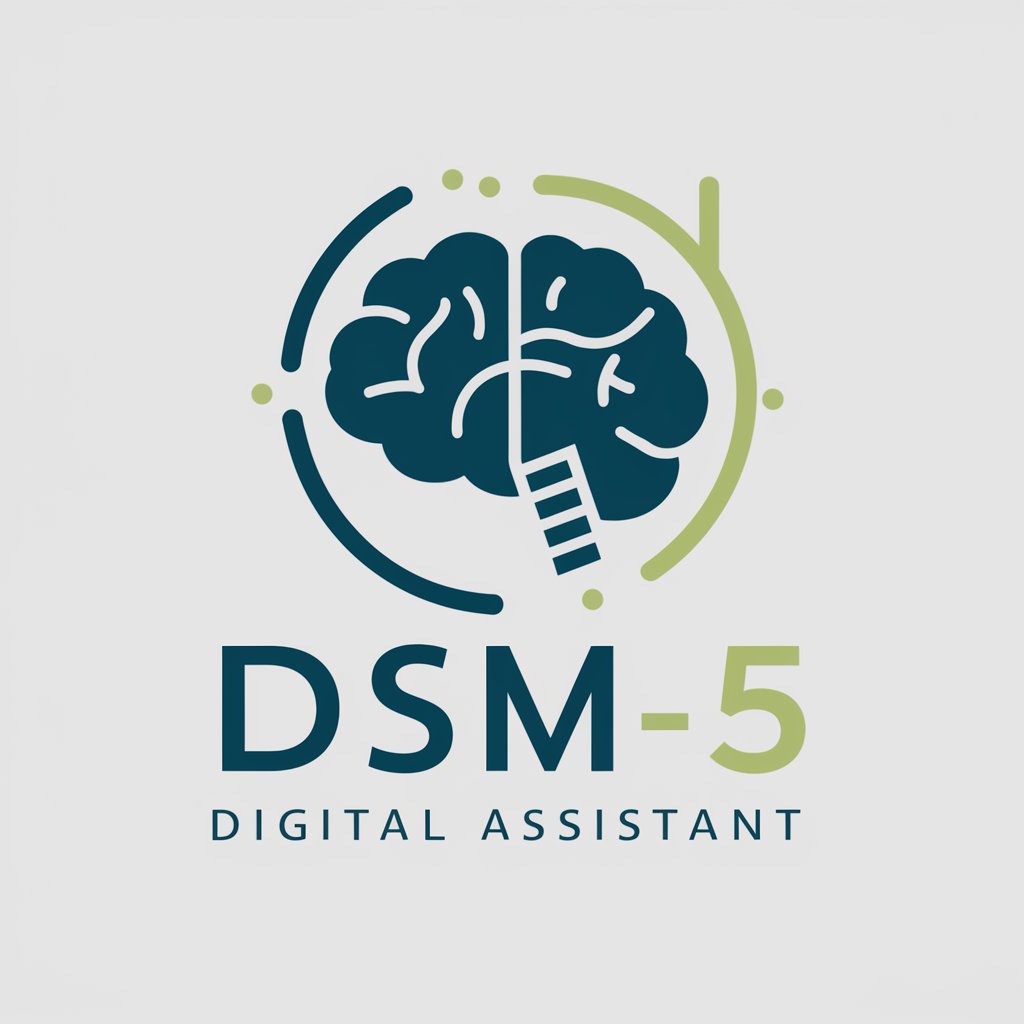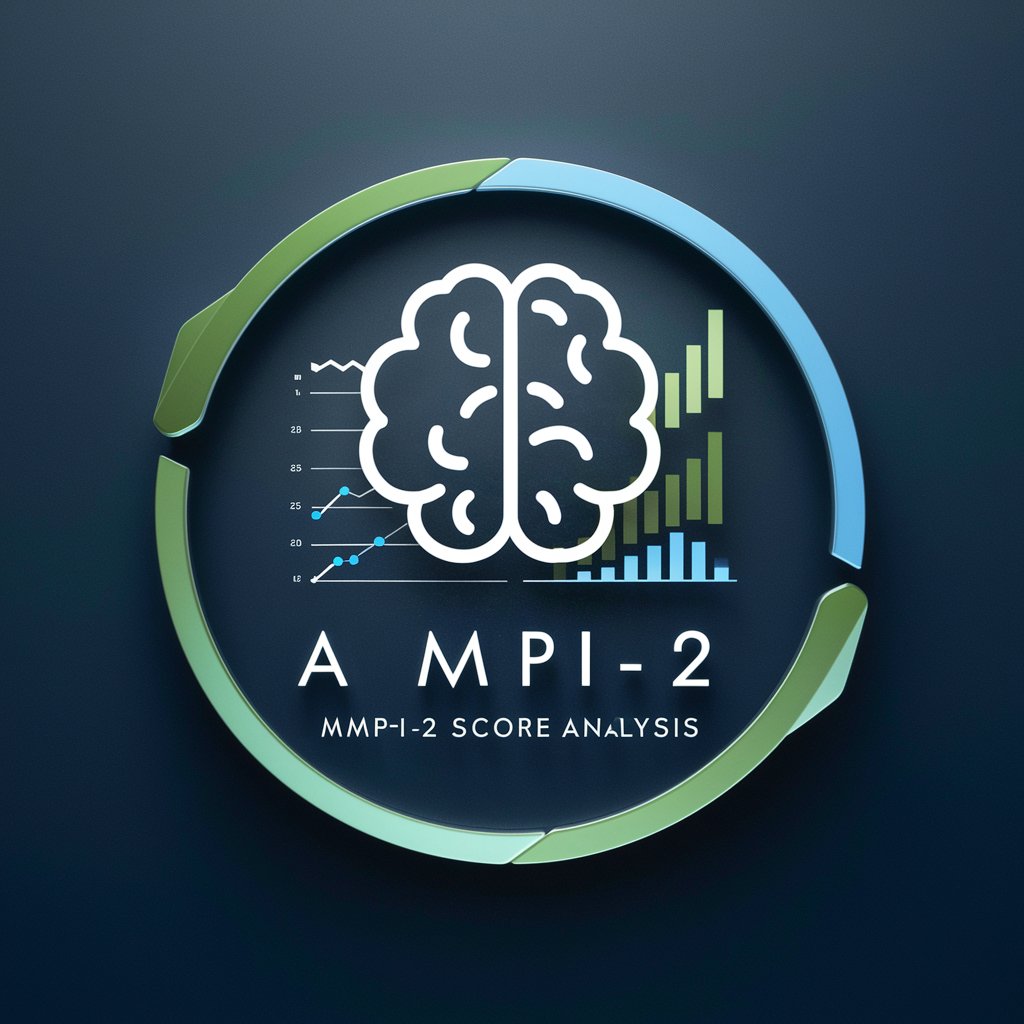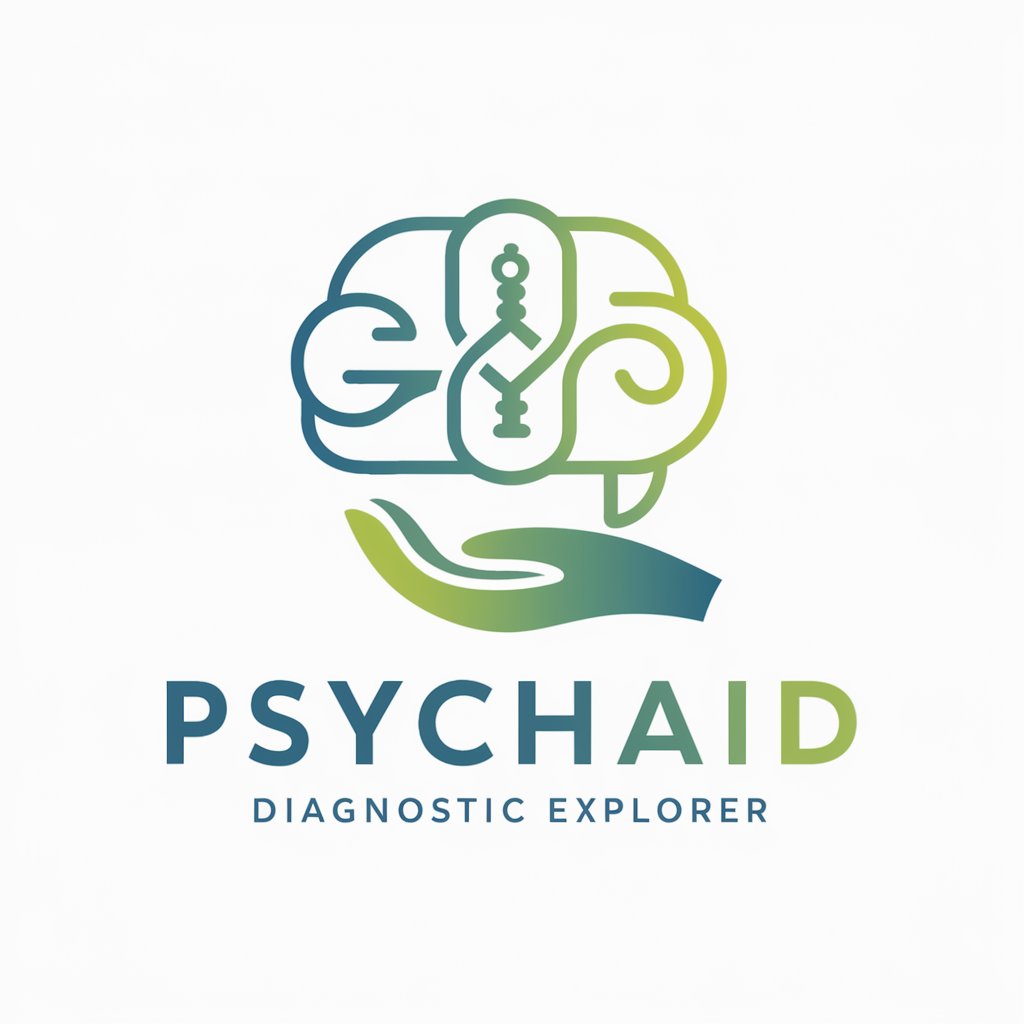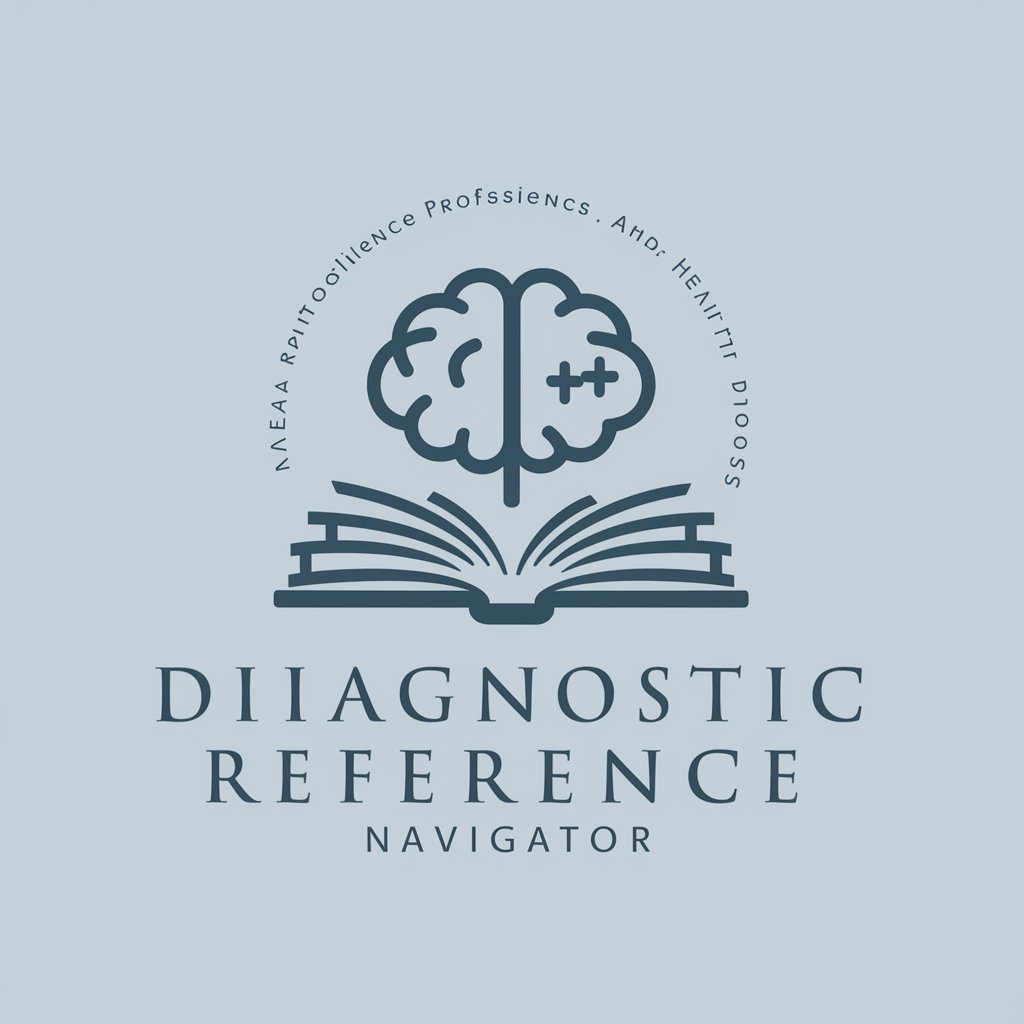
DSM-5 Assistant - DSM-5 Reference Guide
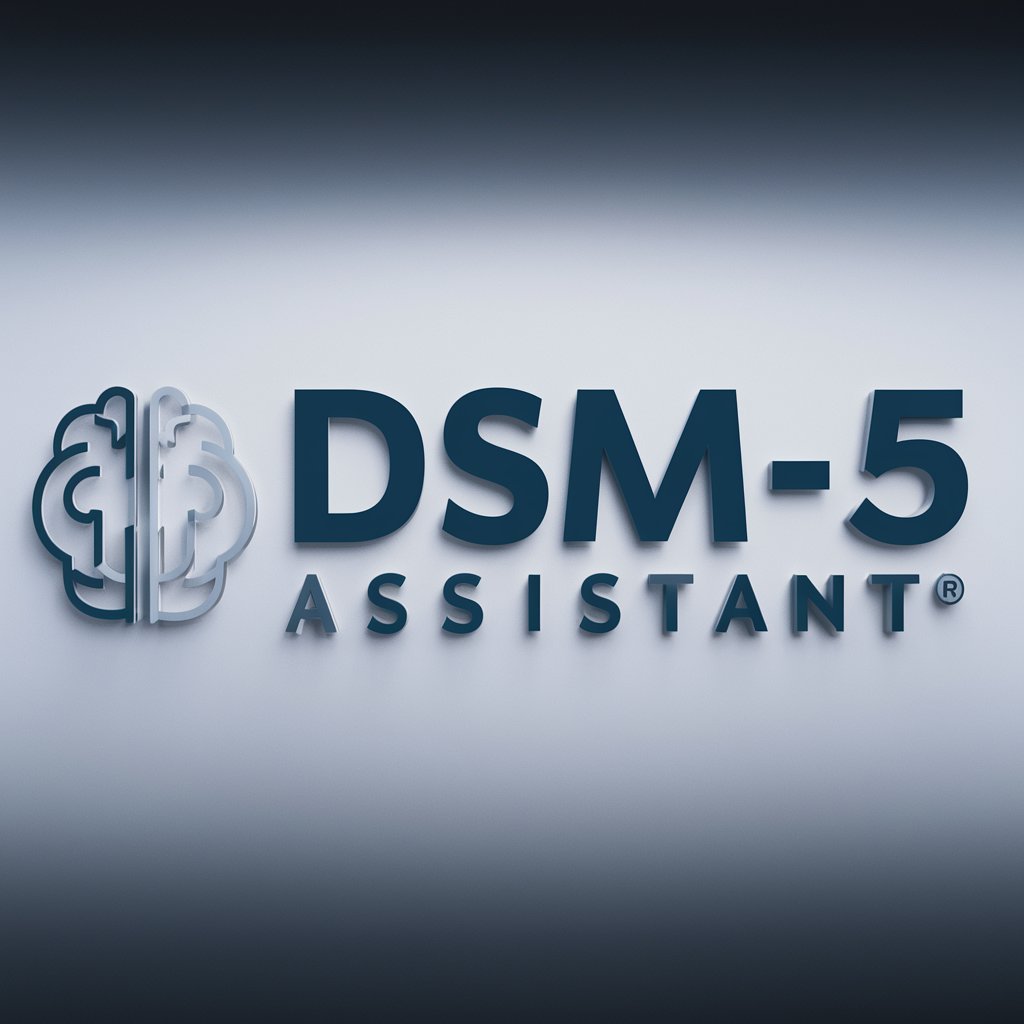
Welcome to DSM-5 Assistant, your expert guide to DSM-5.
Empowering Mental Health Professionals with AI
Explain the diagnostic criteria for major depressive disorder as per DSM-5.
What are the specifiers for schizophrenia spectrum disorders in the DSM-5?
Describe the classification of anxiety disorders according to DSM-5.
What changes were made from DSM-IV to DSM-5?
Get Embed Code
Introduction to DSM-5 Assistant
DSM-5 Assistant is a specialized tool designed to offer professional support and references related to the Diagnostic and Statistical Manual of Mental Disorders, Fifth Edition (DSM-5). Its primary goal is to assist healthcare professionals, researchers, and students in understanding mental health conditions, their diagnostic criteria, and classifications according to the DSM-5. By clarifying complex terms and concepts, DSM-5 Assistant facilitates the navigation of mental health diagnoses. This tool is built to provide precise, evidence-based information, drawing directly from the DSM-5, to ensure accurate understanding and application of mental health diagnostics. Powered by ChatGPT-4o。

Main Functions of DSM-5 Assistant
Diagnostic Criteria Clarification
Example
When a clinician encounters a complex case of a mood disorder, DSM-5 Assistant can provide detailed explanations of the diagnostic criteria for various mood disorders, including Major Depressive Disorder and Bipolar Disorder, aiding in accurate diagnosis.
Scenario
A clinician assessing a patient with symptoms of depression can use DSM-5 Assistant to ensure all DSM-5 criteria for Major Depressive Disorder are considered.
Differential Diagnosis Support
Example
DSM-5 Assistant can help distinguish between disorders with overlapping symptoms, such as differentiating between Social Anxiety Disorder and Avoidant Personality Disorder, by detailing the specific diagnostic criteria and features of each.
Scenario
A therapist is uncertain whether a patient's social withdrawal is due to social anxiety or avoidant personality. The assistant provides criteria for both to assist in accurate diagnosis.
Explanation of Terms and Concepts
Example
For terms like 'flight of ideas' or 'anhedonia', DSM-5 Assistant offers definitions and contextual examples to enhance understanding, essential for students or professionals new to psychiatry.
Scenario
A psychiatry student is preparing for exams and uses DSM-5 Assistant to study and understand complex psychiatric terms and concepts.
Classification and Subtypes Information
Example
It provides detailed information on the classification of disorders and their subtypes, such as the various subtypes of Schizophrenia Spectrum and Other Psychotic Disorders.
Scenario
A researcher is writing a paper on schizophrenia and uses DSM-5 Assistant to detail the disorder's subtypes and criteria.
Ideal Users of DSM-5 Assistant Services
Healthcare Professionals
Psychiatrists, psychologists, and other mental health clinicians who require accurate and up-to-date diagnostic criteria for assessing and treating patients. DSM-5 Assistant aids in the application of standardized diagnostic criteria, facilitating accurate diagnosis and treatment planning.
Academic and Research Professionals
Researchers and academics focused on mental health studies benefit from DSM-5 Assistant by accessing detailed diagnostic criteria and classifications for literature reviews, studies, and educational materials preparation.
Students in Psychiatry and Psychology
Students pursuing degrees in psychiatry, psychology, or other mental health-related fields can use DSM-5 Assistant to support their learning and understanding of complex psychiatric disorders and their diagnostic criteria.

How to Use DSM-5 Assistant
Step 1
Initiate your journey with DSM-5 Assistant by visiting yeschat.ai to access a free trial without the necessity for login or subscribing to ChatGPT Plus.
Step 2
Familiarize yourself with the interface and functionalities of DSM-5 Assistant by exploring the provided documentation or help section, ensuring you understand how to navigate and utilize the tool effectively.
Step 3
Prepare your questions or topics of interest related to DSM-5, including diagnosis criteria, classifications, or any mental health conditions you wish to explore, to make the most out of your queries.
Step 4
Enter your queries into the DSM-5 Assistant, using specific terms or conditions as per your needs. Utilize the tool's ability to clarify complex terms and criteria, aiding in mental health diagnoses.
Step 5
Review the provided information carefully, applying it within the scope of professional guidelines and ethical considerations. Remember, DSM-5 Assistant is a support tool and not a substitute for professional judgment.
Try other advanced and practical GPTs
Country Rundown
Unlock global insights with AI-powered analysis

SEO Blog Content Creator
Elevate Your Blog with AI-Powered SEO

All-Occasion Card Creator
Craft heartfelt, AI-powered cards for any occasion

Mid-Journey Prompt Creator
Unleash creativity with AI-powered prompts

Course Creator
Empowering Education with AI

NFT Creator
Empowering creativity with AI-driven NFT creation

Semantic Sage
Unlock the Power of Language with AI
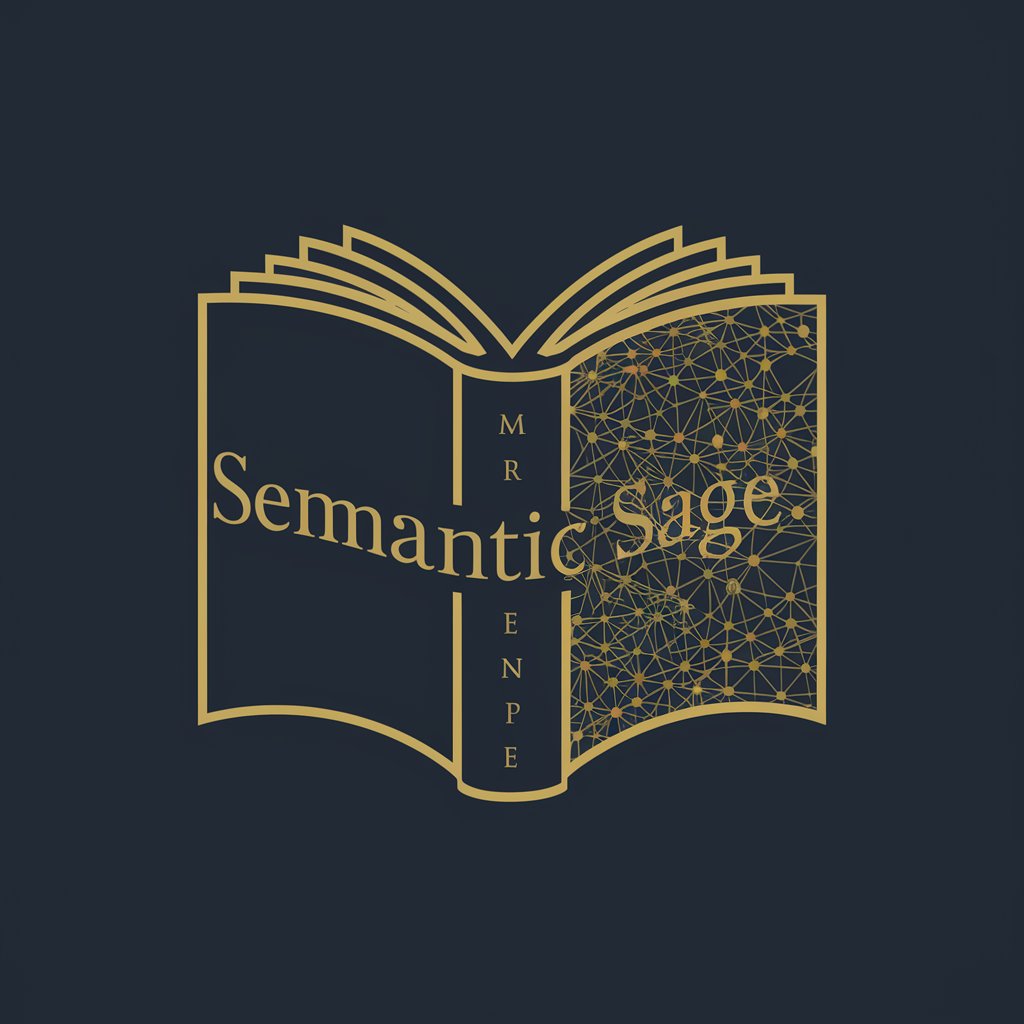
Precision Writer
Elevate Your Writing with AI

Stats Tutor
Empowering statistics learning with AI.
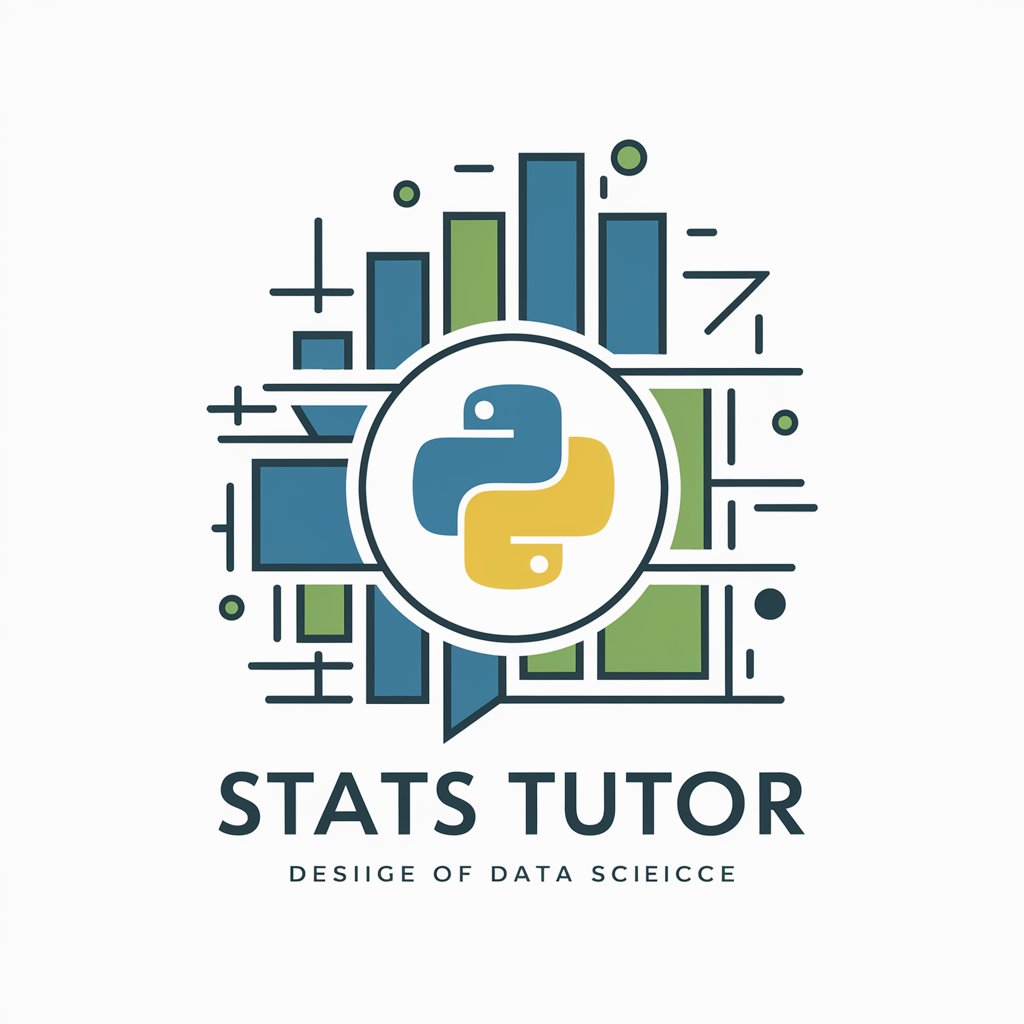
Aviation Expert
Empowering aviation insights with AI

DAO - Data Analysis and Organizer
AI-powered data analysis and reporting
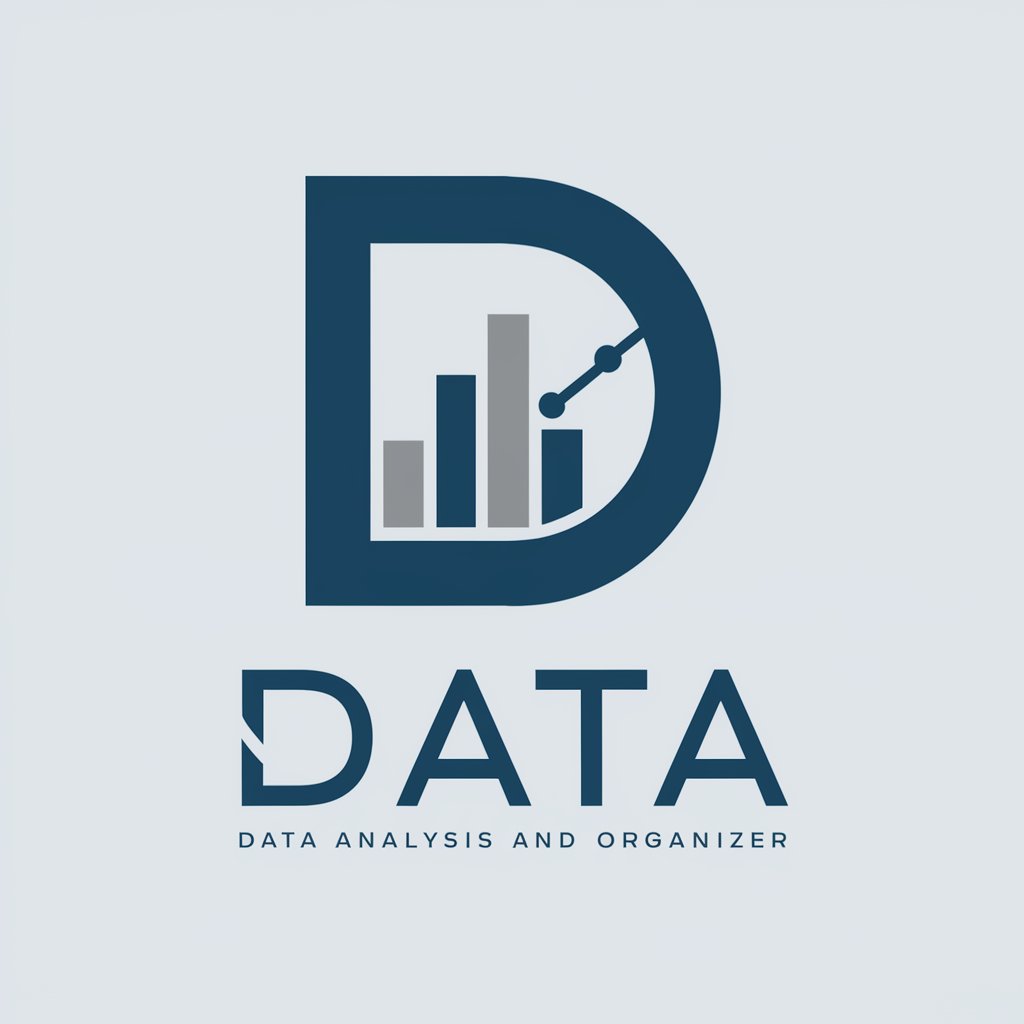
SEO Advisor (By AAH Sheet)
AI-Powered SEO Mastery at Your Fingertips

Frequently Asked Questions about DSM-5 Assistant
What is DSM-5 Assistant?
DSM-5 Assistant is an AI-powered tool designed to assist healthcare professionals and academics in understanding mental health conditions, their criteria, and classifications according to the Diagnostic and Statistical Manual of Mental Disorders, Fifth Edition (DSM-5). It provides detailed references and explanations, clarifying complex terms and concepts.
How accurate is the information provided by DSM-5 Assistant?
DSM-5 Assistant strives to deliver highly accurate and up-to-date information based on the DSM-5. However, users are encouraged to cross-reference the provided data with the latest mental health research and professional guidelines for the most precise application.
Can DSM-5 Assistant diagnose mental health conditions?
No, DSM-5 Assistant is designed to provide information and clarification on the criteria and classifications of mental health conditions as outlined in the DSM-5. It is a tool for professional reference and support, not a diagnostic instrument.
Is DSM-5 Assistant suitable for students?
Yes, DSM-5 Assistant is an invaluable resource for students studying psychology, psychiatry, or related fields. It aids in the understanding of complex psychiatric disorders and their diagnostic criteria, enhancing their academic and clinical training.
How can professionals ensure they are using DSM-5 Assistant ethically?
Professionals should use DSM-5 Assistant as a supplementary resource, always prioritizing clinical judgment and individual client care. It is crucial to adhere to professional ethical guidelines, using the tool for information and clarification purposes only.
